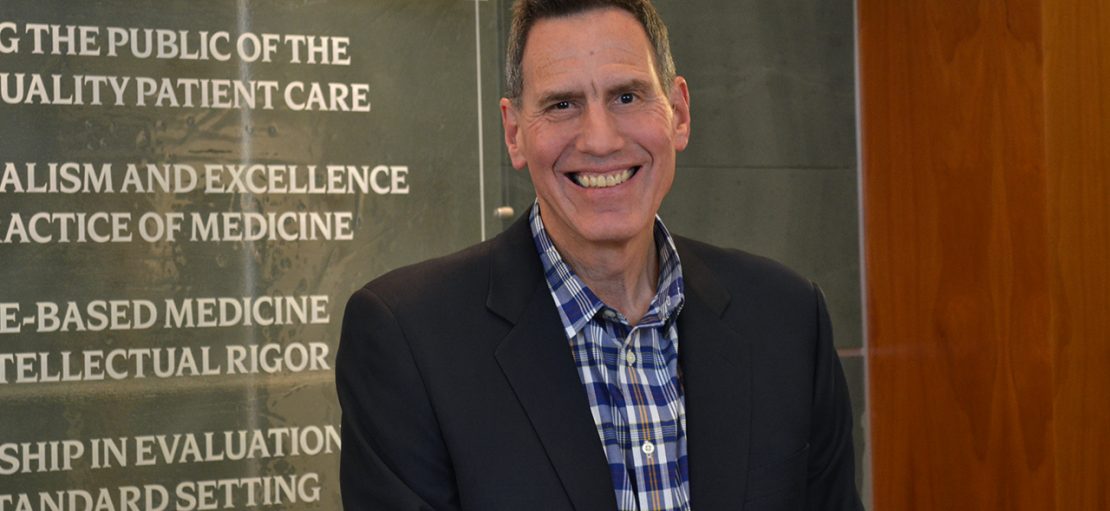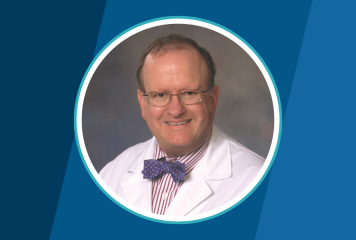Of course, I don’t do that anymore. I left full-time practice over seven years ago. Most of my time is spent in administrative meetings and calls and ABIM leadership work. I do still precept residents in medical clinic at Pennsylvania Hospital one half day every two weeks. I am reminded every time I do it, that, to put it bluntly, my clinical skills are not what they used to be. As I age, that’s true of lots of things about me – I don’t run as fast or hike as far or remember names as well. So I find myself asking the question: “With all the other things I do professionally, have I kept up clinically well enough that I’m safe and qualified to precept residents and care for patients?”
Answering this question was a big part of why I signed up to take ABIM’s Knowledge Check-In (KCI) last Wednesday. In three hours, I would know if–in the judgment of objective, credible peers who weren’t trying to be nice to me–my knowledge was current. I am pleased to report that I passed, and I plan to continue precepting (which I think I would have stopped doing if I had not passed). But the experience itself was very enlightening.
Even though it was “no consequence” for my ABIM credential (as it is for everyone taking it this year), it was consequential to me because it was going to tell me something important about myself. This made it stressful: I was quite apprehensive that I wouldn’t do as well as I hoped to do. I also didn’t want to fail, so I spent a lot of time over the last few months studying. This preparation helped me learn new things (I didn’t know that people past 65 are supposed to get BOTH versions of the pneumococcal vaccine!), some of which came up in precepting.
People ask me a lot how they should study for the KCI. Here’s my response: I imagine a colleague seeing patients Thursday morning, then taking a few hours out to take the KCI Thursday afternoon. So, which one is the “real test”? The KCI is a way to know if you knew what you needed to know to do what you did Thursday morning. If you don’t pass it, the real concern is the patients you saw that morning, not the exam. The KCI is a way to self-validate, to generate the assurance that you are “good to go” as a clinician. I certainly found that valuable.
I was able to take it at home (and worried that my internet connection would fail, that the microphone and webcam I was using to connect with the PearsonVue greeter would fail, that something would interrupt me and, of course, the guy came to cut the grass while I was doing it, assuring a background roar throughout). It was a different experience than at the PearsonVue Center, took much less time out of my life, and the ability to use UpToDate® made the whole experience feel more like medical practice.
This was the second time ABIM administered the KCI, and we are gathering feedback from the more than 1,200 diplomates who took it both online and in a test center. We know some of them experienced technical issues that prevented them from having the smooth experience I had, but we also know it was a much smaller percentage than those from the June administration. We are definitely learning as we go. I want to thank all physicians who submitted post-exam comments, and we’ll share their feedback in a subsequent post next week.
I believe ABIM has taken an important step on our journey to offer something that has less burden, more clinical relevance and may better accommodate the busy lives of internists and internal medicine subspecialists today. Thank you to all who took the KCI and have helped us continue to improve our programs.
-Rich



